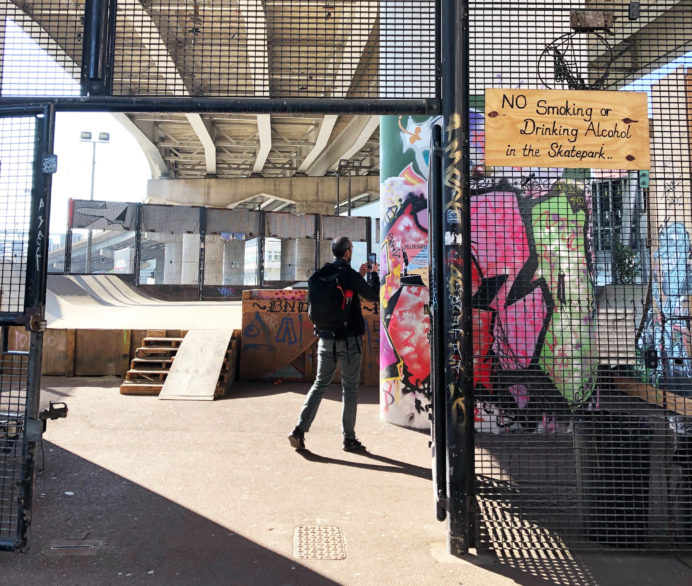From kitchen objects to bicycle lanes, roads to public spaces, there is a common understanding among researchers who participated in this ‘Creative Method’ workshop that urban infrastructure is socially constructed, is beyond the dichotomy of material and immaterial, and is in constant change. Urban infrastructures were discussed as conditions through which values, activities and resources are shaped and reformed. We did not redefine infrastructure and the politics behind shaping infrastructures, but we discussed methods that can reveal their underlying layers and the actual power that mobilizes them. Methods such as ‘observational drawings’ (e.g. urban sketching), critical ‘urban walking’, and ‘participatory practices’ (e.g. mobile methods) shed light on new ways of understanding different subjects such as informal mobility, public space, public life, and sustainable consumption. The different methods addressed the importance of reflexivity, which is about having a conversation with the city, seeing the invisible that lies beyond the mundane and material infrastructure.
The playfulness of such methods, attention to representations, and learning through doing highlighted in the workshop recommend a slow or sensitive approach in understanding infrastructures. These methods show urban infrastructures are not assemblages of things yet complex system of relations that should be integrated in, linked with and built on the existing system and practices. In the second part of the workshop, the groups chose different type of infrastructures such as canals, green spaces, under paths, or technology and used the methods in different parts of the city of Manchester. Even though we had different objects of study (examples such as Manchester ship canals, Bike Sharing scheme, redevelopment of the Mayfield Depot, or the ProjektsMCR skatepark) and used different methods, we analyzed them through an infrastructural approach, asking critical questions: what is such infrastructure for? How was it mobilized? Who is using/supporting it now?
Creative methods were used to reveal the constant transformation of infrastructures, which requires us to be socially and politically savvy in our constant dialogues with the city and its actors of change who mobilize its infrastructure. For us as urbanists, understanding the uneven conditions that constrain or enable urban infrastructure is crucial in order to enable cultural production, by which everyone has the right to the city and its activities. Through the project “Making Cultural Infrastructure” at Theatrum Mundi, we aim at reclaiming the city beyond abstract intentions for cultural production; spaces and conditions that can act infrastructural, and mobilize the culture through social and political act. For us creative methods should be culturally sensitive and caring towards selecting, studying and revealing the conditions for cultural production.
Reflections on the Methods North West and Manchester Urban Institute workshop ‘Creative Methods for Researching Urban Infrastructures’, Manchester, 28-29 March 2019.
